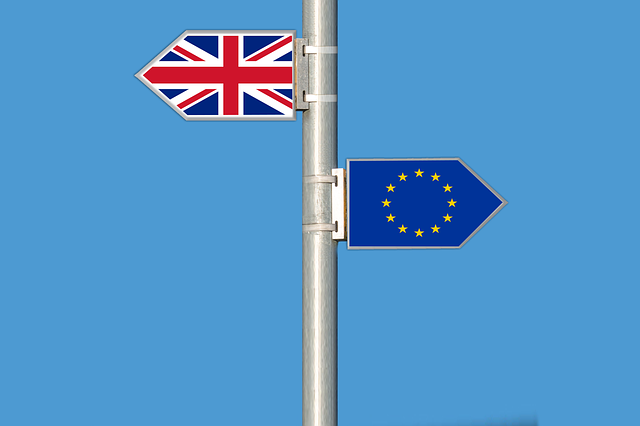Theresa May has now triggered the UK’s article 50 notification to exit the European Union (“EU”), raising the very real risk of the loss of passporting rights. This could have severe implications for all sectors of the financial services industry, which have evolved around the use of the passport.
Looking to the asset management sector, the loss of passporting rights would prevent EU-domiciled UCITS funds from using UK fund managers. In addition to the operational disruption, the underlying service agreements may not be easily terminated without significant costs. UK-domiciled UCITS funds would be re-classified as alternative investment funds and lose their rights to be marketed to retail consumers across the EU. The affected fund management groups would now need to comply with the Alternative Investment Fund Management Directive, whose provisions are very different to the UCITS Directive. A shift to a new set of regulations is bound to be costly and time-consuming.
Another concern is that UCITS funds are only allowed to invest up to 30% of net asset values in non-UCITS funds. In light of the UK’s third-country status, fund mandates would need to be reviewed and investment strategies adjusted with the potential for further costs and crystallised losses for retail investors.
The potential restructuring driven by a cliff-edge Brexit will fragment the pan-European business model, reduce profits, lead to sub-optimal capital allocation and trapped liquidity. It will also introduce a wider range of potential consumer protection, legal, operational, financial stability and market integrity risks.
Regulatory Equivalence
Regulatory equivalence has been mooted as a panacea to these problems. Equivalence is an assessment of a third-country’s legal, regulatory and supervisory framework to determine that it is broadly equivalent to the EU’s.
The European Commission is responsible for decisions on equivalence, supported by technical advice from the European Supervisory Authorities. In theory, this should not present any problems for the UK as its currently regulatory framework is derived from the EU’s.
However, equivalence provisions are set out in individual European Directives rather than any overarching provisions. Thus, they are tailored to the specific scope, needs and objectives of a particular Directive. Each Directive sets out a range of conditions and criteria for a jurisdiction to be deemed equivalent. Some of these conditions may concern issues broader than the subject matter of the Directive, such as tax regimes or professional secrecy.
Crucially, a number of Directives contain no equivalence provisions, such as the UCITs Directive. Others limit the scope, such as the Capital Requirements Directive, which offers prudential benefits but would not permit provision of banking services.
Reliance on equivalence provisions is, therefore, sub-optimal because they were developed in a fragmented and piecemeal way. They do not offer the same level of access currently enjoyed and could be revoked at any time. Thus equivalence is the swapping of an enshrined legal right for a privilege that is granted subject to certain conditions with an uncertain tenure.
Despite the scope of provisions being set out in each Directive, the EU may attach additional conditions or requirements to its decision. These could range from:
- Placing specific conditions or requirements on the third-country;
- Limiting its scope to specific types of entities, products or services; or
- Permitting it for a fixed period of time only.
The assessment should theoretically be a technical assessment but political imperatives may intervene. The equivalence provisions were never drafted with the UK in mind. Withdrawal will result in a significant concentration of EU financial activity occurring outside of its jurisdiction that could be a potential threat to its financial stability. The EU would certainly respond by adapting its regulatory framework to ensure that it can control and react to systemic events if this was the case.
Transitional Arrangements
A new framework will need to be agreed and, in the interim, transitional arrangements will be required. Transitional arrangements provide a bridging period to enable firms to understand future rights and obligations and to plan appropriately. They are normally agreed towards the end of the process when there is clarity about the framework. This would, however, be too late for firms as it takes time to recalibrate business models, novate client contracts or shift operations to new locations.
Assuming a new framework could not be agreed within two years, Brexit-related transitional provisions would serve the twin purpose of maintaining the status quo and facilitating a smooth transition to a new regime. To reduce the uncertainty, the UK government could seek early on in the negotiations some form of pre-emptive or provisional equivalence with the EU. However, any transitional arrangement would need to overcome the political paradox that the purpose of Brexit is to put an end to EU regulation, restrict freedom of movement and extinguish the jurisdiction of the European Court of Justice.








